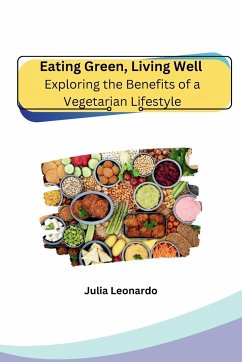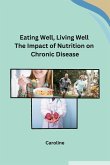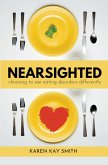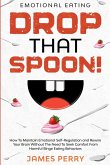In our modern society, there is an increasing awareness of the impact our dietary choices have on our overall well-being and the environment. One such lifestyle choice gaining popularity is vegetarianism. But what exactly is a vegetarian diet? A vegetarian diet primarily consists of plant-based foods, such as fruits, vegetables, grains, legumes, nuts, and seeds. It excludes the consumption of meat, poultry, and seafood. However, there are different types of vegetarian diets, varying in the level of strictness or flexibility. The most common type is lacto-ovo vegetarianism, which allows for the consumption of dairy products and eggs. On the other hand, lacto-vegetarians consume dairy but avoid eggs. Vegans take it a step further by excluding all animal products and by-products from their diets, including dairy, eggs, and even honey. Why do people choose to adopt a vegetarian diet? There are several reasons, and the benefits extend beyond personal health. Firstly, a vegetarian diet tends to be lower in saturated fat and cholesterol, making it a heart-healthy option. It is also rich in fiber, essential vitamins, and minerals, providing all the necessary nutrients for a well-balanced diet. Moreover, vegetarianism has a positive impact on the environment. The production of meat and other animal products is resource-intensive and contributes to deforestation, water pollution, and greenhouse gas emissions. By choosing a vegetarian diet, individuals can reduce their carbon footprint and help preserve our planet for future generations. Another significant benefit of a vegetarian diet is its potential to prevent and manage various chronic diseases. Studies have shown that vegetarians have a lower risk of developing conditions such as obesity, type 2 diabetes, high blood pressure, and certain types of cancer. Additionally, adopting a plant-based diet has been associated with improved digestion, increased energy levels, and enhanced weight management
Hinweis: Dieser Artikel kann nur an eine deutsche Lieferadresse ausgeliefert werden.
Hinweis: Dieser Artikel kann nur an eine deutsche Lieferadresse ausgeliefert werden.








